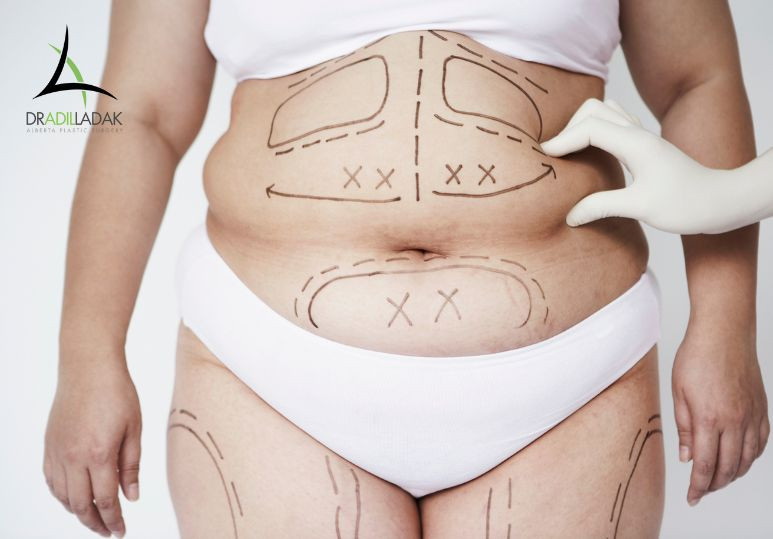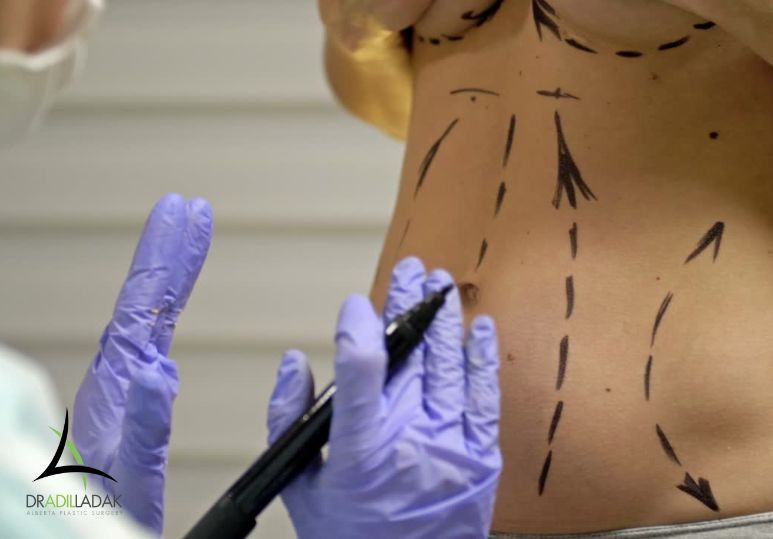After a mastectomy many women choose to use reconstructive surgery to rebuild their breasts. This procedure can be done either in tandem with the breast removal procedure or after cancer treatment has finished. According to a poll conducted by the National Cancer Institute having the procedure done at the same time as the breast removal procedure remains the more popular option among women who have had breast cancer or wish to prevent the illness by preemptively having their breasts removed. However, a new study may change the way women and their doctors look at post-mastectomy options.
The Journal of the American Collage of Surgeons recently published a report that found that factors such as obesity and smoking can cause early breast implant loss, or the unplanned removal of an implant. The study looked at the medical records of more than 14,000 women in the database of the American Collage of Surgeons National Surgical Quality Improvement Program and found that obese patients are two to three times more likely to be at risk for early breast implant loss, while the risk for smokers is three times that of non-smokers.
This study also found that the failure rate for implants spikes in women who have progressive obesity, are over the age of 55 and have undergone a one-stage mastectomy and reconstruction procedure.
Need for better assessment
According to the lead author of the study John P. Fischer, MD, these new findings could affect the way breast reconstructions are performed on high risk cancer patients.
“If a patient learns she has a high risk for complications with breast implants, she may choose to have an autologous tissue based procedure instead. The risk might not be worth it, or, on the other hand, the patient accepts the risk,” Fischer said in the report. “Either way, the expectations are better managed and overall satisfaction is likely to be higher. Our main desire is to help improve the outcomes and care for breast reconstruction patients.”
Fischer’s findings are in line with a study done by the journal Plastic and Reconstructive Surgery in 2012 which found that 45 percent of breast reconstruction surgeries on obese women were performed using implants, especially if the reconstruction happened immediately after the mastectomy. These implants had a 16 percent failure rate for obese women compared to a 1.5 percent failure rate for autologous, or free flap, reconstruction.
Both studies found that in order to prevent early implant loss plastic surgeons must properly assess their patients regarding potential risks and complications prior to them undergoing the procedure. If risks arise the reconstruction may have to be delayed in order to maintain the overall safety of the patient.
Dr. Adil Ladak is a board certified plastic surgeon based in Edmonton Alberta. His specialties include facial surgery, breast surgery, body contouring and skin treatments. Contact Dr. Ladak at 780.407.6691 to book your consultation.





